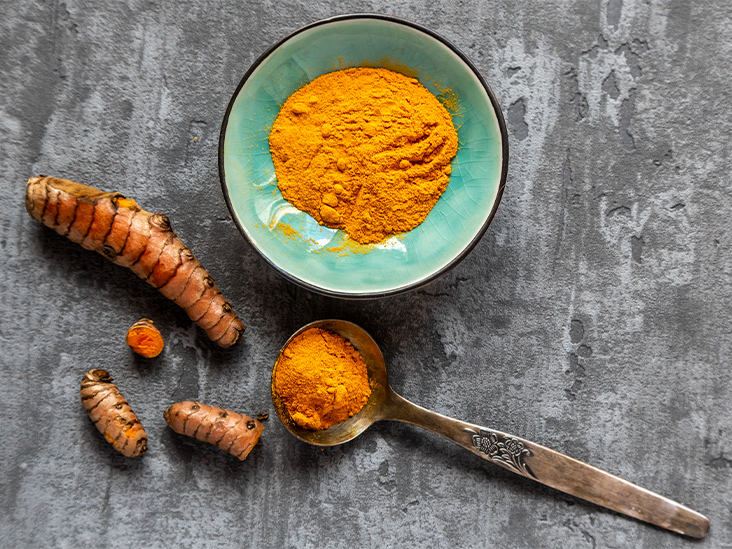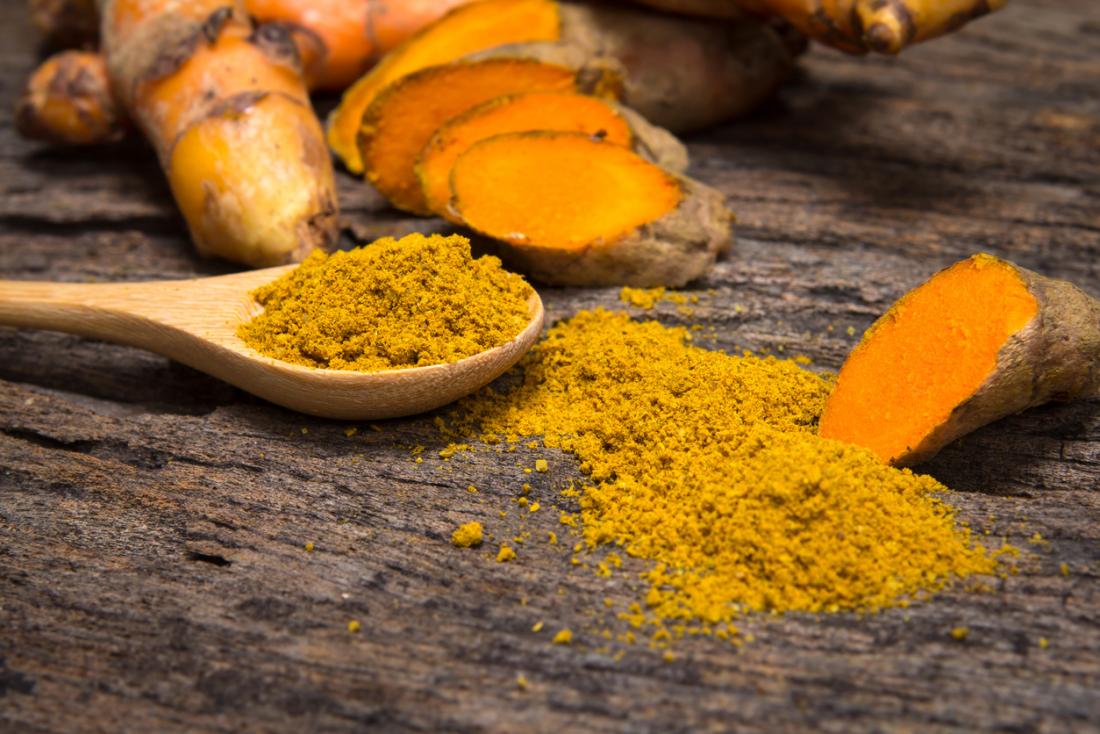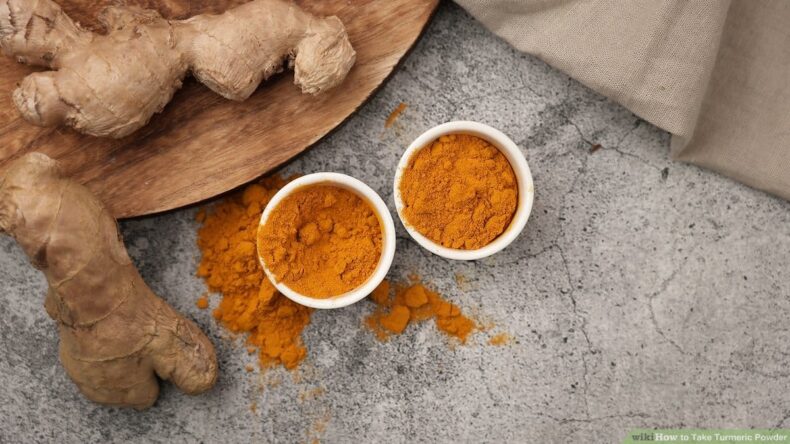Health benefits of Turmeric has numerous anti-inflammatory and antioxidant properties that prevent illnesses and treat pre-existing chronic health disorders. It is found in every Indian house, especially in the kitchen and people use it as one of the main spices for cooking.

Turmeric enhances the flavor and color of various foods. Apart from being used as a spice, it also has been used for medicinal purposes. So, we can not overlook the health benefits of turmeric.
Before stating the health benefits of turmeric, let’s see what turmeric is.
What is turmeric?
Curcumin, turmeric’s active ingredient, is found in the ground root of the Curcuma longa plant. The yellow pigment curcumin, which gives turmeric, curry, and yellow mustard its color, has been utilized in food preparation and cosmetics for many years.
For diabetics, curcumin’s anti-inflammatory and anti-carcinogenic effects are extremely helpful.
Originating in southern India and Indonesia, turmeric is grown in the Indian Ocean’s mainland and islands.
Studies show that there are numerous health benefits of turmeric which are as follows-
Preventing liver disorders – People who already have diabetes have an increased chance of developing fatty liver disease and other conditions. However, the curcumin included in turmeric helps improve the condition of those who have this problem and lowers the risk of developing any other liver-related disorders.
Reduces pain– The use of turmeric as a treatment for arthritis can be traced back many years in both Ayurveda and traditional Chinese medicine. Although additional research is required, preliminary findings from the research indicate that ingesting turmeric extract may help reduce the discomfort associated with osteoarthritis.
Reduces the risk of heart disease-Turmeric has anti-inflammatory and antioxidant properties, both of which could help reduce the risk of developing heart disease.
With cholesterol medication, turmeric may help. Curcumin is safe and may benefit heart disease patients by decreasing cholesterol, but more research is needed to determine the right dose and type.
Helps in the fight against depression-When someone suffers from depression, their brain produces less of a protein called brain-derived neurotrophic factor (BDNF), and their hippocampus, which plays an important role in learning and memory, begins to decrease.
According to one study, curcumin can increase levels of BDNF and may even reverse some changes.
Some research suggests that curcumin which is the main property of turmeric may also raise levels of the feel-good chemicals serotonin and dopamine.
Could be beneficial to mental health– Turmerone is another active component that can be found in turmeric. Research suggests that turmerone may be effective for illnesses such as stroke and Alzheimer’s disease because it helps initiate cell regeneration and potentially supports the recovery of brain function. Despite the fact that little is known about turmerone, these studies suggest that it may be useful.

Could be beneficial to the immune system– Curcumin may modulate T, B, and Natural Killer cells, according to several studies. It also down-regulates pro-inflammatory cytokines, which can cause inflammatory damage. Moreover, it may boost antibody responses at modest doses, helping us fight illness.
It might help keep the skin healthy-One of the health benefits of turmeric is its positive effects on the skin. It is believed that turmeric possesses antioxidant characteristics, in addition to its calming effects. As a result, it is beneficial for a wide variety of skin types and disorders, including acne and skin that is prone to pimples.
Use it as part of your regular skincare routine alongside other products including cleansers, masks, and moisturizers. Controlling sebum production, washing away dirt, and controlling facial hair are all possible benefits of turmeric.
Turmeric helps fight cancer- Numerous research, both on humans and on animals, have been conducted to investigate turmeric’s effect on cancer. Many of these studies have indicated that turmeric can influence the genesis, growth, and progression of cancer at the molecular level. Research has indicated that it can reduce the risk of cancer spreading to other parts of the body, can aid in the destruction of malignant cells in a range of cancer types, and can reduce the adverse effects of chemotherapy treatment.
The bottom line-
A number of health benefits of turmeric are discussed above. It is better to keep in mind that eating a balanced diet is essential if you want to get the long-term advantages of any particular food. Recent research into turmeric’s efficacy has yielded promising findings. However, a quick conversation with your doctor is a good first step if you have a specific health condition that you think turmeric could help with.
Read More: Prioritizing Food choices – A Powerful Tool to Save the Planet
Read More: Learn about the health benefits from experts of chewing a clove on an empty stomach every day












